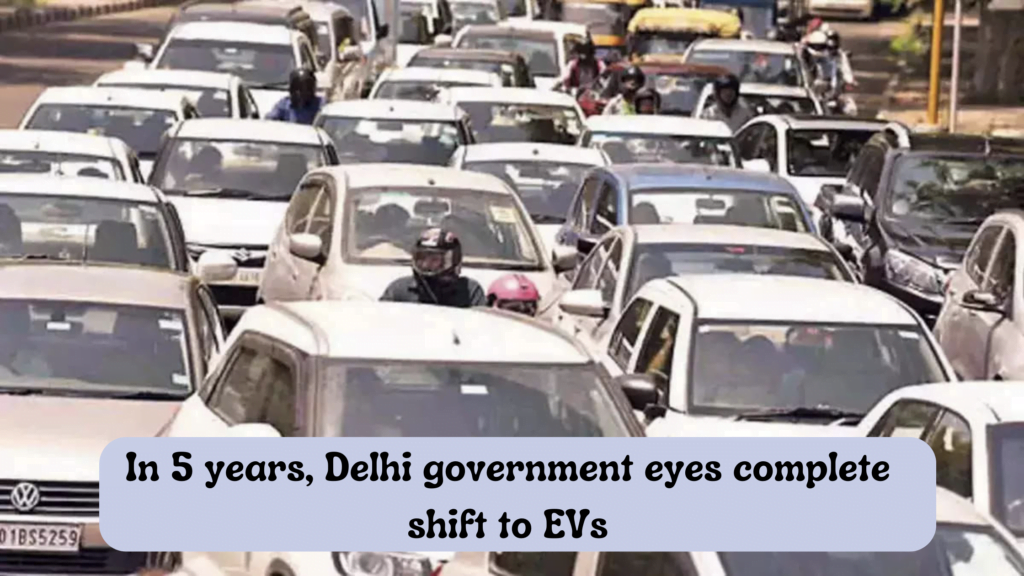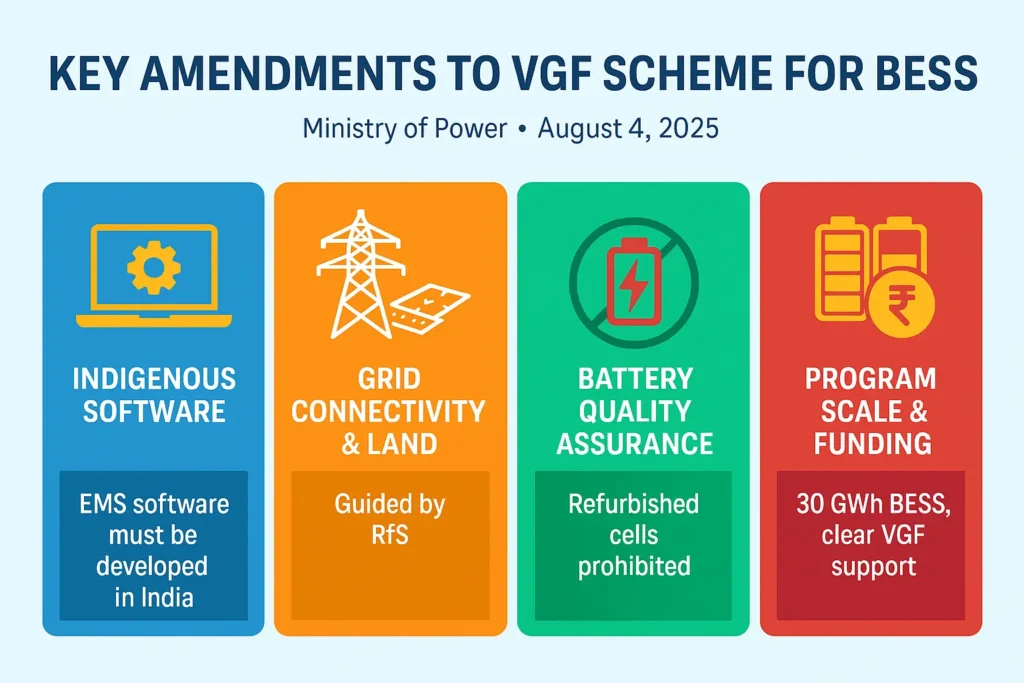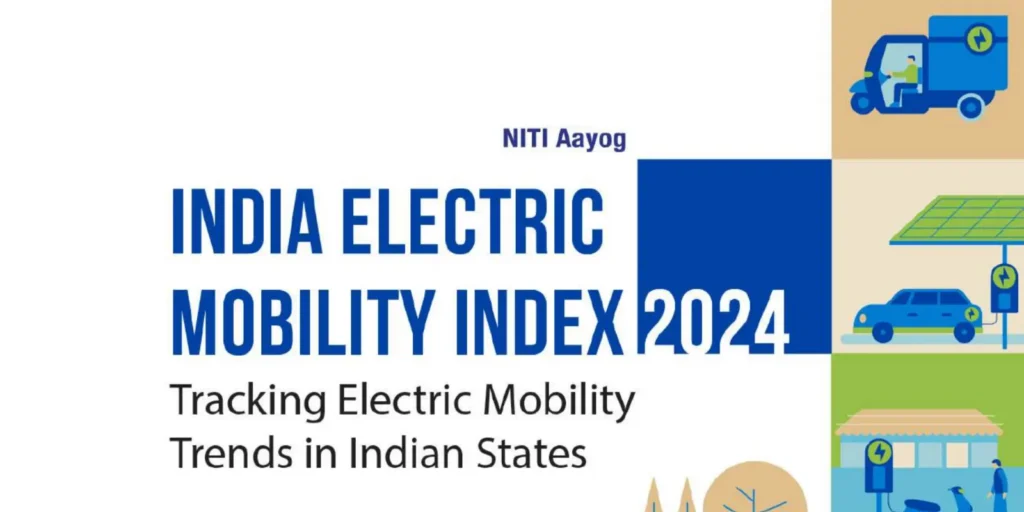
Delhi, the capital city of India, is poised to undergo a revolutionary transformation in its transportation landscape as the local government sets its sights on a complete transition to electric vehicles (EVs) within the next five years. In a significant move, the Delhi government has mandated all commercial aggregators engaged in passenger, delivery, and goods carrier services to shift from conventional vehicles to EVs as part of a comprehensive push towards electric mobility.
Once implemented, the policy will require aggregators offering bike taxis and rent-a-bike services to exclusively operate e-bikes for passenger transportation. This groundbreaking initiative marks the first time in India that a state has established targets for aggregators to electrify their fleets and regulate their operations, with the twin objectives of enhancing passenger safety and reducing pollution through sustainable public transportation.
Transport Minister Kailash Gahlot highlighted the significance of the proposed scheme, emphasizing that Delhi is achieving a noteworthy milestone. The aim is to ensure passenger safety and promote sustainable transportation by setting targets for aggregators to transition to electric vehicles.
To address potential livelihood challenges faced by aggregators during the transition, the government has allowed for a specified grace period. For instance, within the first six months of implementing the scheme, 5% of newly onboarded cars must be electric. Likewise, two-wheelers (goods carriers) and three-wheelers (passenger and goods carriers) will need to be converted to electric at a rate of 10%.
The scheme further outlines that, four years after its notification, all new commercial two-wheelers and three-wheelers must be 100% electric. Similarly, after five years from the implementation date, all new commercial four-wheelers must be electric. Aggregators and delivery service providers will also be mandated to transition to an all-electric fleet by April 1, 2030.
The scheme also introduces regulatory provisions for bike taxis and rent-a-bike services. It clarifies that bike taxis have never been permitted to operate in Delhi, and under the new policy, all bike taxis and two-wheeler renting services in the city will solely utilize electric two-wheelers. These provisions align with the Delhi EV policy of 2020, as stated by officials.
Minister Gahlot elaborated on the key aspects of the scheme, including the implementation of a “polluter pays” principle. According to this principle, the license fee for onboarding electric vehicles will be waived, while conventional vehicles will face significantly higher fees. For instance, the license fee for an electric taxi may be zero, while a CNG taxi could be subject to a fee as high as Rs 650. Additionally, all license fees and penalties collected under the scheme will be directed to the state EV fund, supporting various activities aimed at promoting electric vehicles.
Delhi government has a ambitious plan to shift to EVs within five years demonstrates a firm commitment to sustainable transportation and combating pollution. By incentivizing the adoption of EVs and establishing clear targets for aggregators, Delhi aims to pave the way for a cleaner and greener future while ensuring the well-being of its residents and the environment.
Read more about EV Charging Management Software and White Label EV Charging Software



